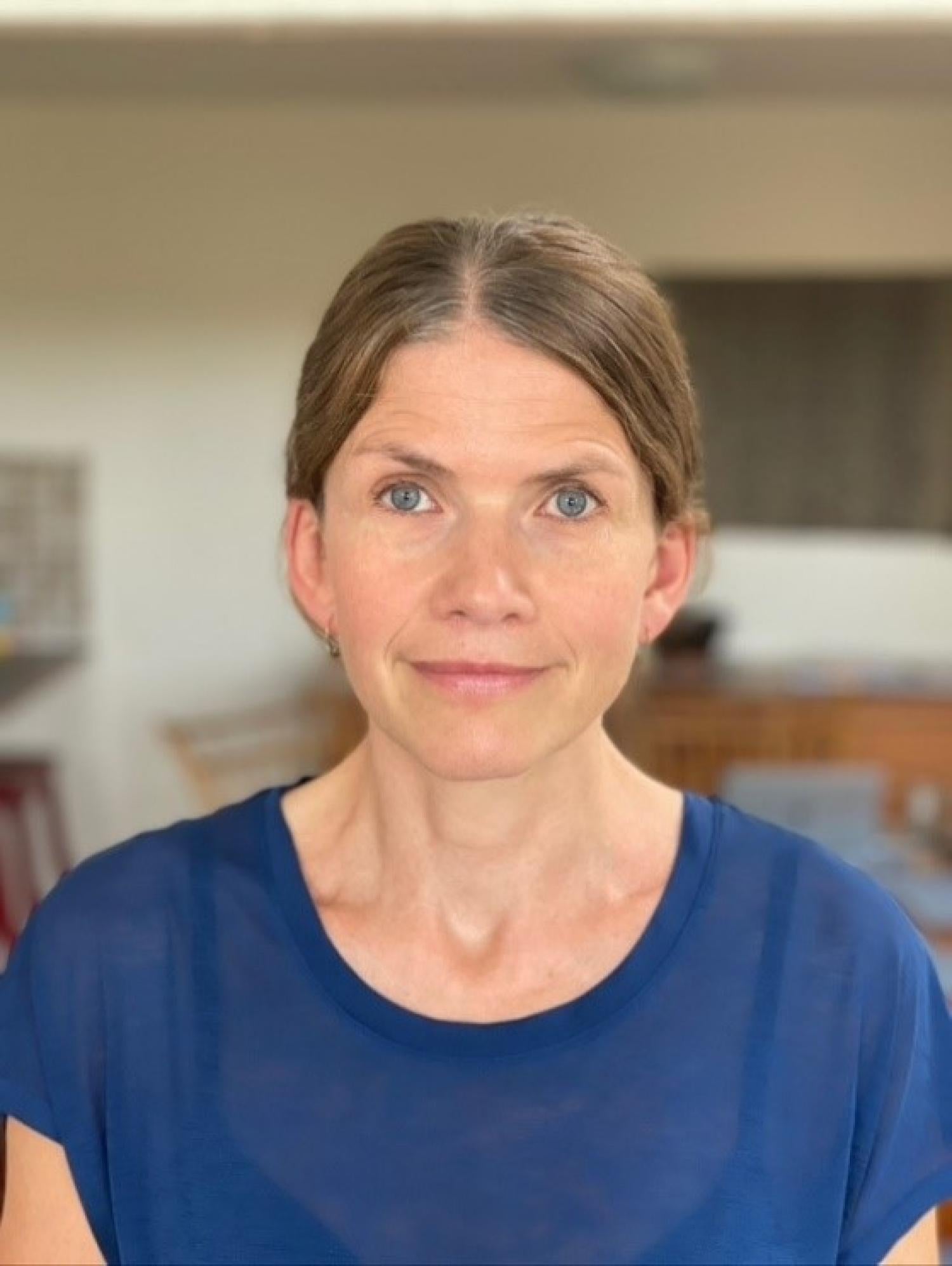Seminar Announcement: Berit L. Strand

Seminar: Enzymatic and Chemical Tailoring of Alginates
Hydrogels for Biomedical Applications
Berit L. Strand
Speaker: Professor of Biopolymers and Biomaterials Berit L. Strand, Norwegian University of Science and Technology
Host: Kristi Anseth
Tuesday, October 19, 2021 - 2:45 p.m., JSCBB A108
Seminar Abstract
Polysaccharides represents an abundant class of biopolymers, of which cellulose in trees and chitin from Crustacea are common examples. Alginates from seaweed have high affinity to divalent cations and form hydrogels by ionic crosslinking. The mechanical and rheological properties of these hydrogels can be tailored via the selection of gelling ions and by alginate composition and molecular weight. We use a unique set of enzymes (epimerases) that allow the tailoring of alginate sequence on the polymer level. Also, we use chemical modifications by grafting of peptides or introducing sulfate in the sugar to make alginates mimic molecules in the extracellular matrix, e.g. fibronectin or heparan sulfate, respectively. In cell therapy, the alginate hydrogel act as an immune protective barrier between the transplant and the host. Alginate capsules from NTNU has been in clinical trials both in 1994 and in 2015 for the treatment of type 1 diabetes. However, the clinical efficacy has been hampered by pericapsular fibrotic overgrowth (PFO) that hinders diffusion of nutrients and oxygen to the encapsulated cells. In the lecture, I will present how enzymatic and chemical modifications can be tools for structural tailoring of alginates and alginate hydrogels. We use a proteomics approach for elucidating protein adsorption to alginate hydrogels and further use chemical modifications to modulate the inflammatory properties and PFO. Controlling mechanical and structural properties of the hydrogel is also important in tissue engineering applications where the viability and morphology of fibroblasts depend on these. The research is focused on understanding cell and humoral responses to hydrogels in order to engineer biopolymers and hydrogels relevant for both in vitro systems (e.g. tissue/organs-on chip) and in vivo applications.
Biosketch
Berit L. Strand is a professor in biopolymers and biomaterials at Norwegian University of Science and Technology (NTNU), in Trondheim, Norway. She has a background in chemical engineering and biotechnology (MSc) and PhD in biotechnology from NTNU. Her work is focused towards structure-function relationships of biopolymer materials and enzymatic and chemical modifications of biopolymers for biomedical applications, in particular alginates in cell therapy and tissue engineering. Dr Strand is an awarded member of the Royal Norwegian Society of Science and Letters (DKNVS) and is in the board of Scandinavian Society of Biomaterials. She has been a visiting research fellow at University of Alberta, Canada (post doc, 2003 - 2004) and at University of Illinois at Chicago (2006). She is now and until June 2022 visiting professor and Fulbright Scholar at “Biofrontiers institute”, University of Colorado, Boulder, hosted by Prof. Kristi Anseth.

